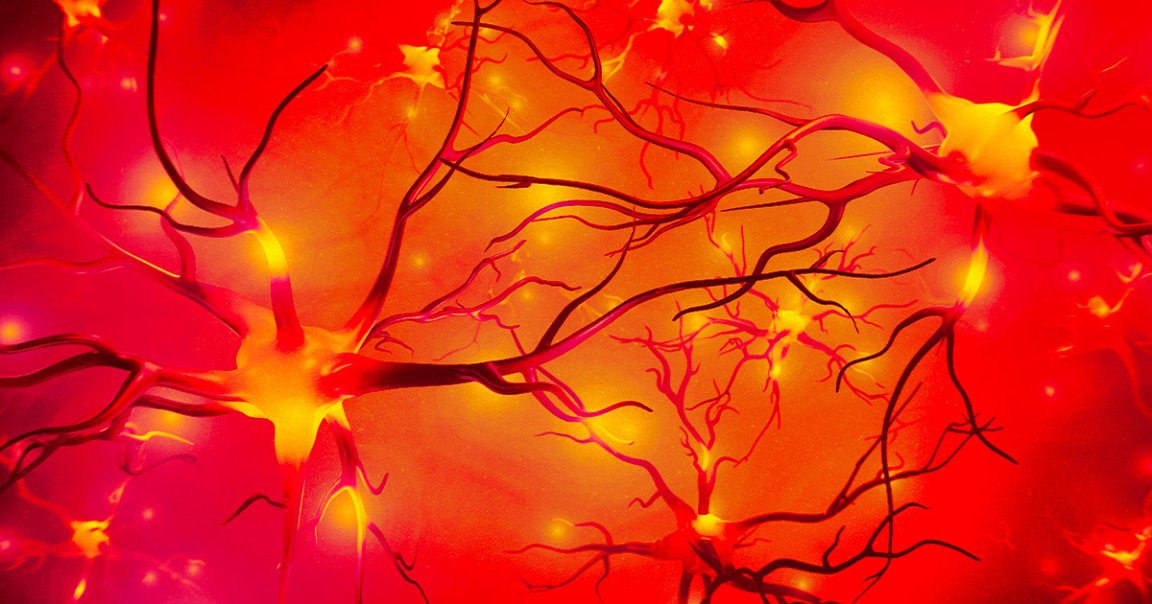
Scientists in Japan say they have reversed the signs of Alzheimer’s disease in lab mice by restoring the healthy function of synapses, critical parts of neurons that shoot chemical messages to other neurons.
The secret was developing a synthetic peptide, a small package of amino acids — a mini-protein, if you will — and injecting it up the nostrils of the mice, in an experiment they detailed in a study published in the journal Brain Research.
Needless to say, mice are very different from humans. But if the treatment successfully survives the gauntlet of clinical studies with human participants, it could potentially lead to a new treatment for Alzheimer’s disease, a tragic degenerative condition that burdens tens of millions of people around the world.
“We strongly hope that our peptide could go through the tests and reach AD (Alzheimer’s disease) patients without much delay and rescue their cognitive symptoms, which is the primary concern of patients and their families,” Okinawa Institute of Science and Technology neuroscience professor and the study’s principal investigator Tomoyuki Takahashi said in a statement.
For the study, researchers focused on how the protein tau disrupts the chemical communication between neurons.
In Alzheimer’s disease, tau accumulates in the brain and interferes with the normal processes within synapses by using up a type of enzyme called dynamin, a key component in healthy neuron synaptic function.
Injection of the peptide seems to prevent this interaction with dynamin, which then leads to the reversal of Alzheimer’s disease symptoms in mice and restores their cognitive function, as long as they’re treated early.
Members of the research team seem very optimistic that the study could be translated into a viable medication that could treat this devastating disease, but acknowledge that it’s going to take a long time.
Going from experiments with mice to clinical trials and then finally into a drug that’s commercially available can take decades.
“The coronavirus vaccine showed us that treatments can be rapidly developed, without sacrificing scientific rigor or safety,” said Chia-Jung Chang, Okinawa Institute research scientist and the study’s first author, in a statement. “We don’t expect this to go as quickly, but we know that governments — especially in Japan — want to address Alzheimer’s disease, which is affecting so many people. And now, we have learned that it is possible to effectively reverse cognitive decline if treated at an early stage.”
If it’s too late for our grandparents and parents, that’s terrible. But perhaps this treatment will be ready in time for us.
More on Alzheimer’s disease: Weird Particle Floating Through Air May Cause Alzheimer’s